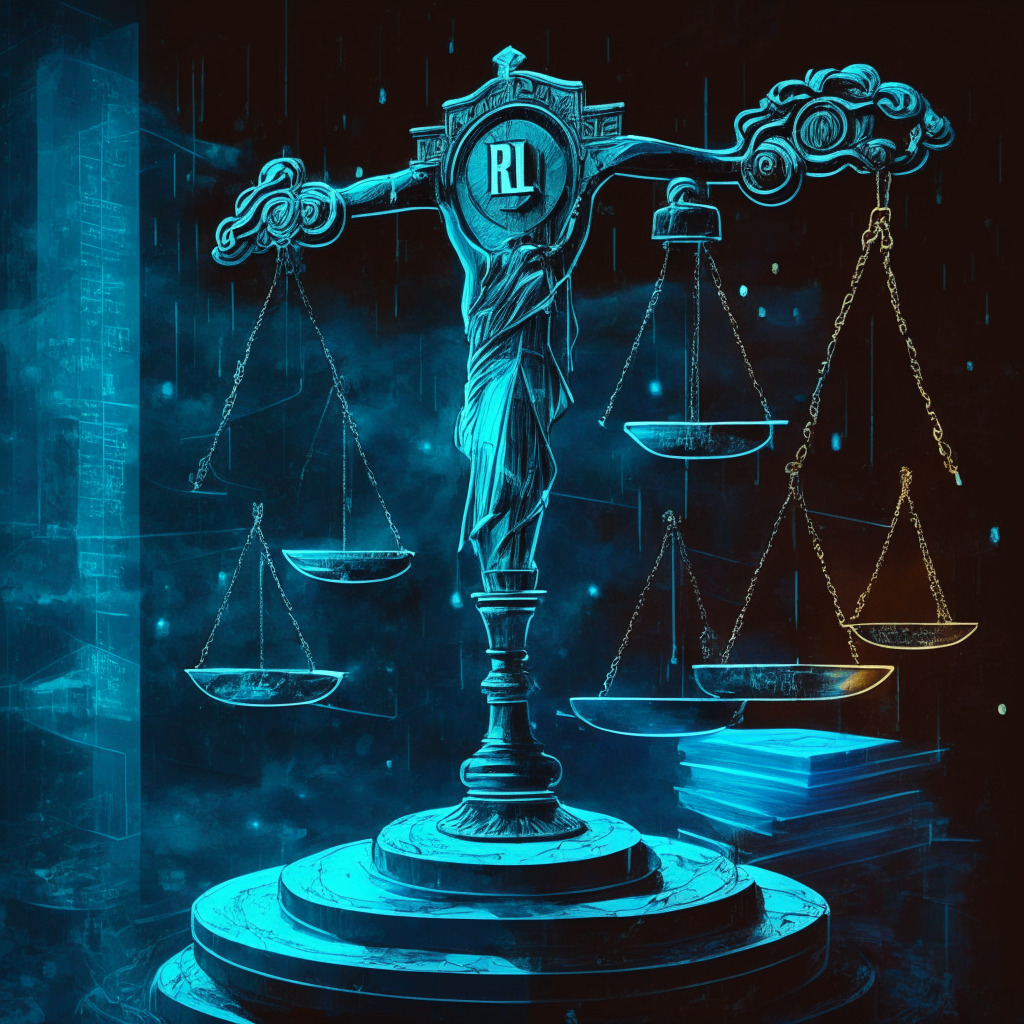The legal battle that blockchain company Ripple is facing with the U.S. Securities and Exchange Commission (SEC) has caught the attention of the crypto community. With an estimated cost of around $200 million, this case serves as a cautionary tale for crypto entrepreneurs considering setting up their businesses in the United States. Ripple CEO Brad Garlinghouse’s remarks at the Dubai Fintech Summit emphasized his belief that politics tends to take precedence over policy in the US, rather than fostering an environment conducive to innovation.
The SEC lawsuit, filed in 2020, accused Ripple and its executives of conducting an unregistered sale of XRP tokens worth approximately $1.3 billion. In response, Ripple moved its regional headquarters to Dubai, a more cryptocurrency-friendly jurisdiction. The lawsuit represents a growing trend within the US regulatory landscape, as the collapse of crypto exchange FTX last year sparked a crackdown on some of the biggest players in the industry for violations of federal securities laws. However, the SEC has recently stepped back from officially defining “digital assets,” adding another layer of complexity to the regulatory framework.
Despite the ongoing lawsuit, Ripple has maintained a certain distance from the XRP token, which powers some of the company’s products. The outcome of this case will undoubtedly have far-reaching implications for both Ripple and the broader cryptocurrency market. A decision is expected within the next three to six weeks, and the market has shown signs of cautious optimism. In March, the XRP token price surged, fueled by hopes that the lawsuit would turn out in Ripple’s favor.
On one hand, tighter regulations and clearer guidelines have the potential to bring stability to the cryptocurrency market and increase investor confidence. On the other, excessive regulation and political interference can stifle innovation and limit the growth potential of blockchain and cryptocurrency projects. It is crucial that a balance is struck between these two competing imperatives, so that the full potential of this transformative technology can be harnessed while still maintaining consumer protections and market integrity.
In the end, the outcome of this case may serve as a significant milestone in the ongoing struggle between regulators and the cryptocurrency industry. If the SEC succeeds in its claims against Ripple, other crypto businesses might reconsider their presence and future plans in the United States. At the same time, favorable outcomes for Ripple could set the stage for regulatory evolution and a clearer understanding of how blockchain and cryptocurrency projects should navigate the US market. Either way, the ramifications of this lawsuit extend far beyond the immediate parties involved and will likely shape the future of cryptocurrency regulation for years to come.
Source: Coindesk




